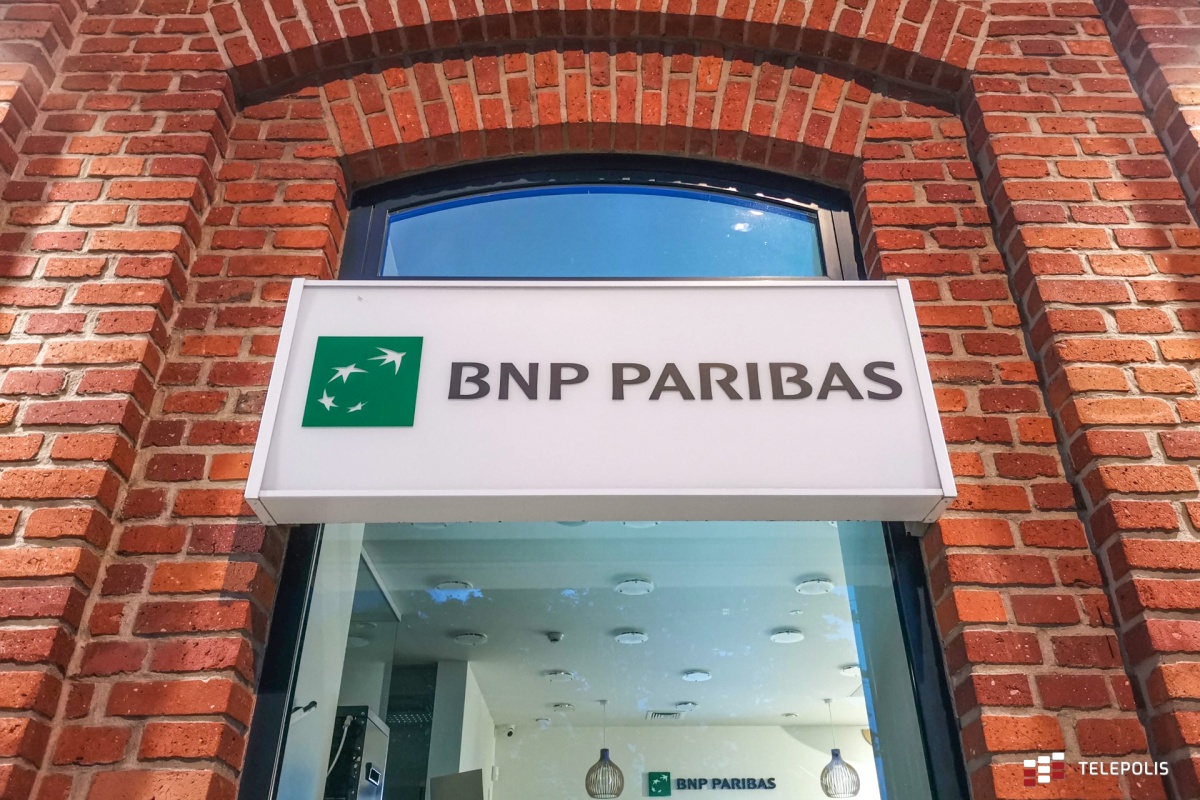How BNP Paribas is Lowering Costs of Circular Technologies
BNP Paribas 3 Step IT is driving circularity in tech by helping businesses cut e-waste, meet ESG goals and access devices without upfront investment
The market for sustainable investments is rapidly growing and projected to reach trillions of dollars according to the Organisation for Economic Co-operation and Development.
Aiming to lead in sustainability and circularity is BNP Paribas, a European bank with a significant global presence, focused on reducing emissions, promoting biodiversity and developing a circular economy.
As part of this, BNP Paribas says it is committed to ceasing financing the thermal coal sector value chain by 2030 in the EU and OECD countries and by 2040 in the rest of the world.
BNP Paribas 3 Step IT’s IT-as-a-Service (ITaaS) model integrates circular economy principles across the whole IT lifecycle, incentivising efficient use, repair, refurbishment and recycling.
Through leasing contracts that include full asset management, businesses can access laptops, desktops and mobile devices without the upfront cost while ensuring secure return and responsible end-of-life handling.
Devices are refurbished and resold or recycled at high-capacity centres like the Buchelay facility in France, reducing e-waste and conserving resources.
The model also supports ESG goals and regulatory compliance, with features such as ISO-compliant data wiping, traceability and reverse logistics.
“This isn’t just a hopeful trend; it’s a strategic imperative with a clear direction.
“Legislative frameworks are rapidly evolving to support this shift, showing that building a sustainable future no longer requires sacrificing profitability; it actually strengthens it.”
By retaining device ownership, BNP Paribas is motivated to maximise product lifespans and minimise the environmental impact – offering a more scalable, sustainable IT solution to thousands of businesses across 11 European countries.
Product-as-a-Service (PaaS) could support the development of a circular economy.
This model replaces outright ownership with access, enabling businesses to pay for the value or outcomes a product delivers, while manufacturers retain ownership and responsibility for the entire lifecycle.
In the IT sector, where carbon-intensive manufacturing and short product lifespans can be significant issues, there is potential for PaaS to become embedded into sustainability initiatives.
In 2022 alone, global e-waste reached 62 million tonnes, a huge increase of 82% from 2010, representing US$62bn in lost recoverable resources according to the UN Global E-waste Monitor.
“The circular economy is key to achieve a carbon-neutral economy by 2050,” says Emmanuelle Bru, Group ESG Expert Circular Economy at BNP Paribas.
“Not only does it have a positive impact on the environment, but it can also bring economic and social benefits.”
By keeping ownership with the manufacturer and embedding lifecycle management into contracts, these models reduce raw material demand, improve device utilisation and ensure end-of-life products are refurbished or recycled responsibly.
Governments, such as those in the EU, US and China, are already legislating to make circularity the norm.
At the same time, financial institutions like BNP Paribas are backing the transition through dedicated ETFs and impact bonds, supporting circular innovation in everything from food systems to medical equipment.
With IT spending projected to hit US$5tn in 2024 according to Gartner, and with ESG pressures mounting, businesses that embrace circular models now stand to gain a significant edge.
A circular economy could ensure a future where business success and global health are no longer in conflict.
BNP actively engages in what the company calls “Nature Tech”, an initiative that involves the deployment and development of tech to manage ecosystems and biodiversity.
The company involves leveraging AI, machines, environment sensors, drones and satellites for conservation.
BNP has established criteria related to biodiversity in its financing and investment policies, especially in sectors exposure to deforestation and habitat conversion in industries such as: agriculture, palm oil and mining.
Extended research support and internal methodologies are also being supported by BNP for quantifying biodiversity risks, enabling more informed investment strategies that favour biodiversity preservation and restoration.
The bank also invests in start-ups and projects focused on ecological transition, emphasising sustainable finance that addresses both climate and nature-related risks.





